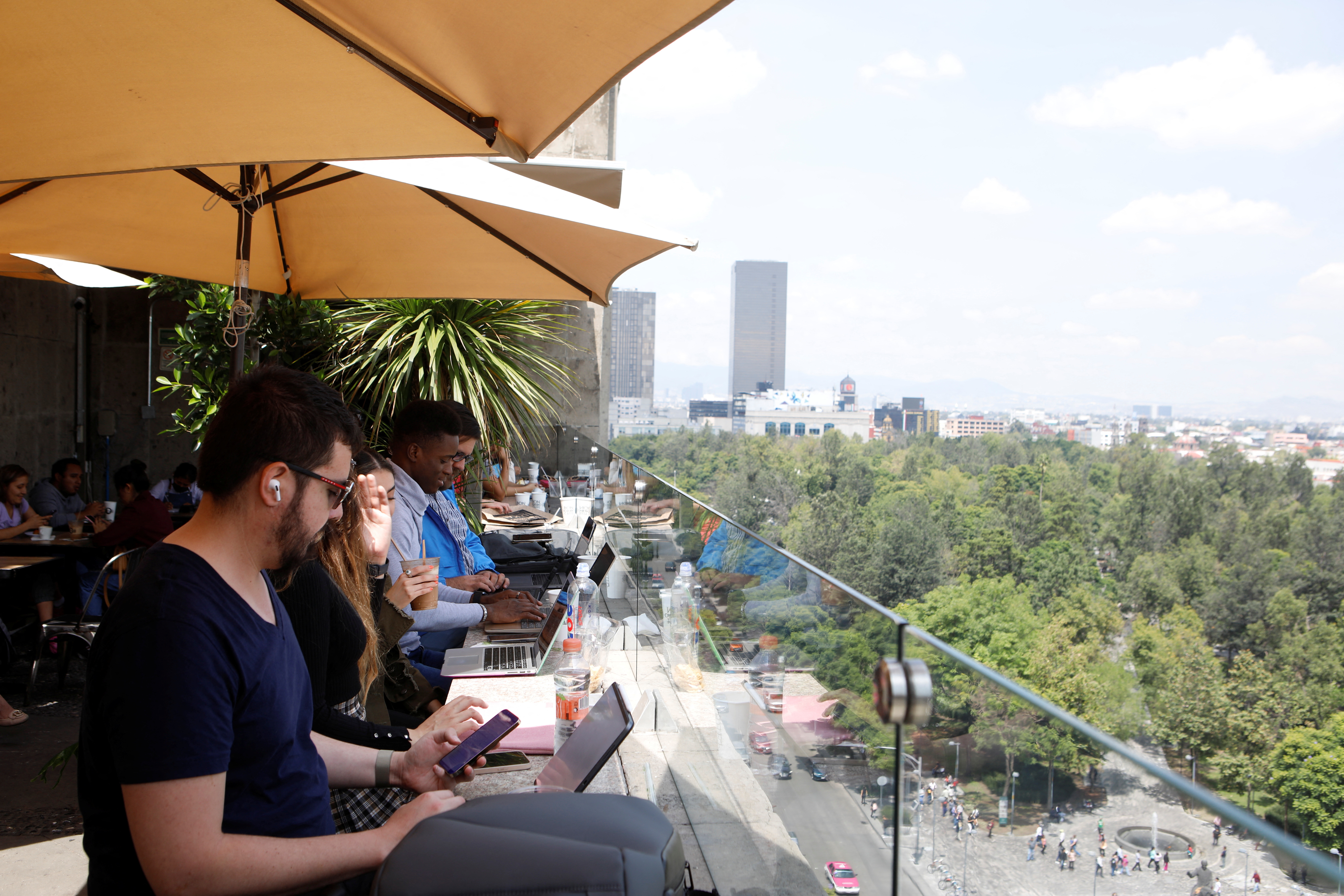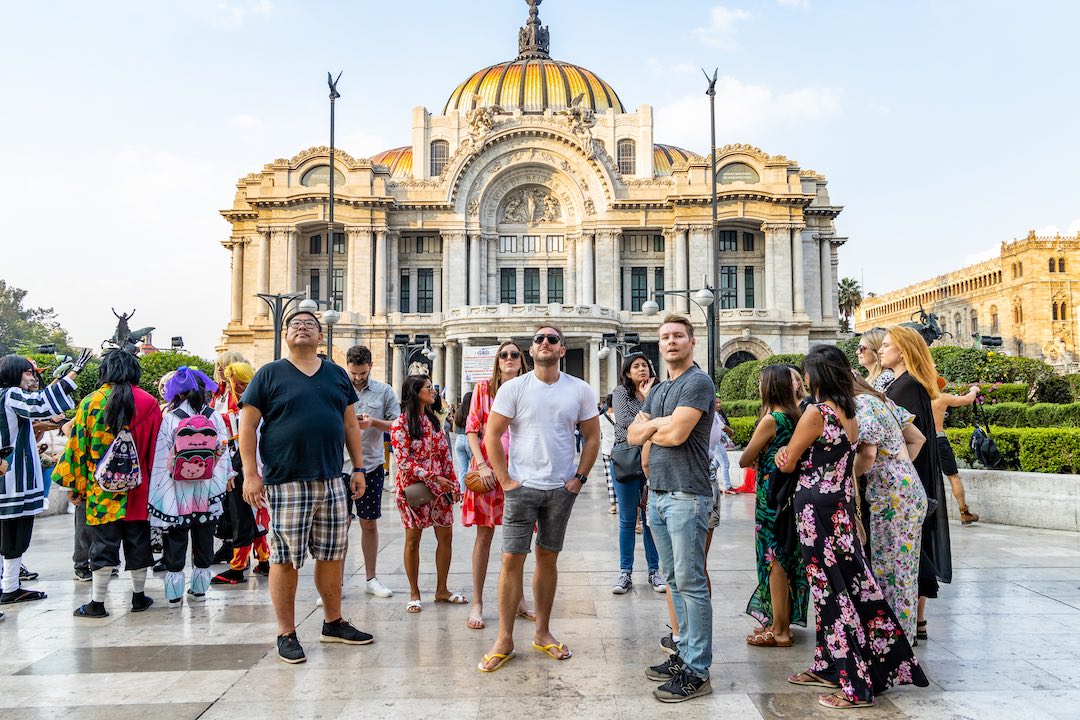
WEIGHT: 57 kg
Bust: Large
One HOUR:60$
Overnight: +50$
Services: Face Sitting, Bondage, Massage classic, Smoking (Fetish), Slave
Preface By C. Historian Timothy E. Anna writes, "Mexico was, and still is today, a country defined by its regions. At the time of the Conquest in the early sixteenth century, the Mexica were the dominant, though certainly not the only indigenous people within the territory that is today the Republic of Mexico.
True, the overwhelming majority of modern Mexicans are mestizos; however, this overlooks not only Mexico's many indigenous peoples but the hundreds of thousands of Mexicans descended from Africans, Basques, Chinese, Lebanese, Jews, Germans, French, Italians, Irish, English, and others. And yet we who read in English go hungry, for so astonishingly little of it has been translated. This is more astonishing still when one considers that the United States shares with Mexico a two thousand-mile-long border.

We have, however, been able to taste some of the most enticing flavors. Mexican literature begins with the poems, myths, chronicles and prophecies of its indigenous peoples.
Of the work of twentieth-century writers, we have more translations, including the fiction of Juan Rulfo and Carlos Fuentes and the poetry and prose of Nobel Prize winner Octavio Paz. I would be remiss not to also mention Laura Esquivel's charming Like Water for Chocolate, a best-seller in English and Spanish, which was made into a popular movie. On the down side and in spite of a number of books of Mexican literature in translation and shorter works in magazines such as The Paris Review, Tameme, Terra Incognita, and Two Lines , most of the vast array of Mexican literature remains untranslated.

All the more reason, dear reader, why the book you now hold in your hands is a rare treat, for it also offers a taste of the sharply different and pungent flavors of Mexico's regions. Despite a rich tradition of writing in English about Mexico, I stayed away from English-language writing, with two exceptions: an excerpt from my own memoir, Miraculous Air , which recounts an interview translated from the Spanish with a rancher who had worked on Baja California's Transpeninsular Highway, and "Big Caca's Revenge" by Daniel Reveles, set in the border city of Tecate.


































